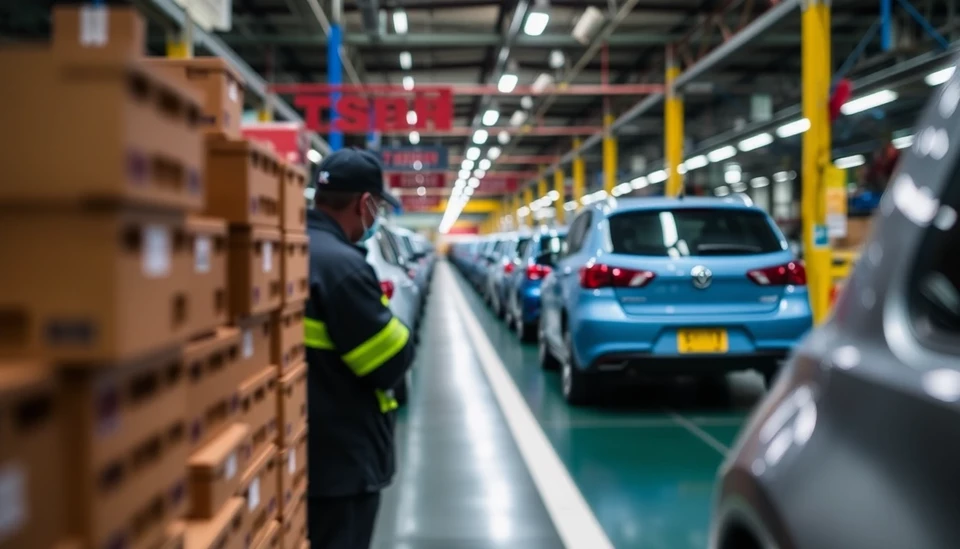
As the global automotive industry navigates an increasingly complex landscape, the rise in tariffs is placing significant pressure on car parts suppliers. These smaller, often overlooked entities are caught in a precarious situation, struggling to adapt amidst the changing trade regulations that impact the flow of automotive components across borders.
Car parts suppliers, which form the backbone of the automotive sector, are now facing heightened risk levels due to the enforcement of new tariffs. These tariffs, designed to protect domestic industries, are inadvertently threatening the financial health of many small and medium-sized suppliers who lack the resources to absorb increased costs.
Several suppliers have reported a dramatic increase in expenses, which not only affects their profit margins but also creates a ripple effect throughout the supply chain. For instance, the increased cost of imported raw materials, coupled with the tariffs, leads to higher production costs, pushing prices up for auto manufacturers, who are simultaneously under pressure to maintain competitive pricing for consumers.
The automotive sector is particularly sensitive to these changes due to the intricate and interdependent nature of the supply chain. A small increase in tariffs can lead to a larger crisis, as manufacturers may be forced to look for alternative suppliers or reconsider their production strategies, leaving many suppliers in a vulnerable position. Some have already begun to cut back on operations, laying off workers to mitigate the financial fallout.
Industry analysts warn that if the current trend continues, the viability of smaller car parts suppliers could be permanently compromised. With larger manufacturers able to negotiate better terms or absorb costs more effectively, the smaller players may find it increasingly challenging to compete in the marketplace. This not only threatens their survival but could also lead to reduced innovation and diversification within the industry, as fewer companies remain to explore new technologies and solutions.
As tariffs continue to dominate discussions in the auto trade, many stakeholders are calling for a reevaluation of trade policies to strike a balance between protecting domestic jobs and ensuring the health of the automotive supply chain. The ramifications of ignoring these smaller suppliers could be dire, leading to a less resilient manufacturing sector and escalating costs for consumers in the long run.
The future of car parts suppliers hangs in the balance, with calls for immediate action becoming more pronounced. Without intervention and support, many of these businesses may not withstand the pressures of the current trade environment, ultimately impacting the broader automotive industry.
In conclusion, as manufacturers strategize their next moves in light of shifting policies, it is crucial for policymakers to consider the intricate realities faced by car parts suppliers. Protecting these vital players is essential not only for sustaining competitive prices in the auto market but for ensuring the entire supply chain remains robust and adaptive to future challenges.
#CarParts #AutomotiveIndustry #Tariffs #TradeWar #SupplyChain #Manufacturing #SmallBusiness #AutoTrade
Author: Victoria Adams




